
How to Choose Fresh and Delicious Pork: Should You Pick Lighter or Darker Pieces?
How to Choose Fresh and Delicious Pork: Should You Pick Lighter or Darker Pieces?
What Does It Mean to Dream of Missing a Step While Sleeping?
Decoding the Feeling of Falling in Sleep That Puzzles Many
The sensation of missing a step or free-falling while sleeping is a phenomenon experienced by many people. What causes this condition, and does it pose any health risks?
Many admit to having felt this sensation when they are just about to drift off to sleep. Rarely, some people even report feeling like they are falling into a deep well or hearing strange sounds around them in their dreams.
In reality, this sensation, commonly known as Hypnic Jerk, is a muscle twitch that occurs during sleep. While it involves muscle twitches across the body, it is most noticeably felt in the legs. This phenomenon has sparked debates among scientists, leading to various hypotheses attempting to explain it.
Some theorize it to be a sudden awakening mechanism, allowing individuals to perform a final environmental safety check before falling into deep sleep—mimicking a startle reaction. Another hypothesis suggests it’s the body’s way of checking positional stability before fully relaxing, especially when lying on uneven surfaces.
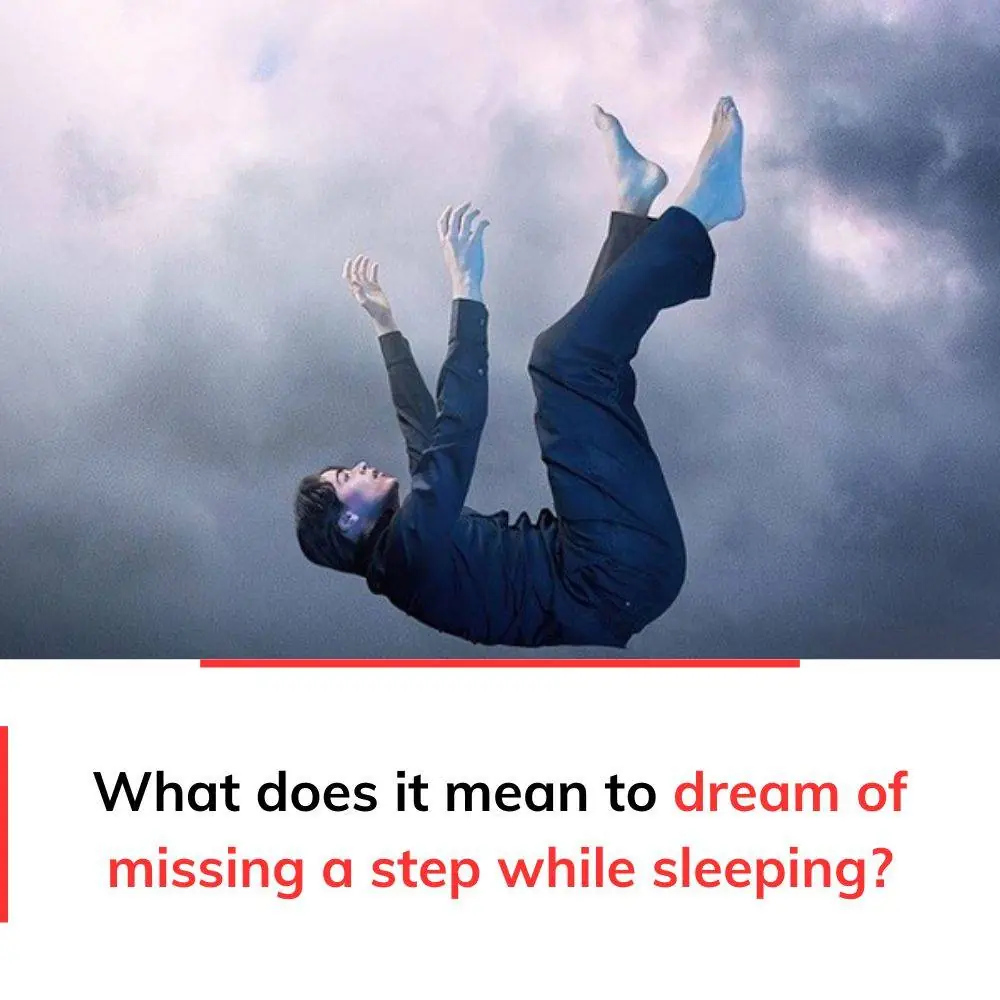
Neurologist Dr. Christelle Peyron from France explains that this happens due to a phase mismatch between the brain and the muscular system as we transition into deep sleep:
"When we start dozing off, muscle tone decreases, causing the muscles to relax. However, if the muscles relax too quickly compared to the brain's balance-control processes, the brain interprets this as a sensation of falling. It then quickly regains control by sending a signal to contract the muscles."
Moreover, the sensation of falling while sleeping is unrelated to heart problems and is not an indicator of sudden cardiac death, as some believe.
Dr. Sylvie Royant-Parola, a sleep disorder specialist, asserts that this phenomenon is completely harmless and not considered a medical condition, as most people quickly resume normal sleep afterward. Children, in particular, often don’t even notice this sensation.
The sensation of falling in sleep is often triggered by fatigue, stress, staying up late, or consuming excessive stimulants like coffee, alcohol, or cigarettes before bedtime. These factors keep the nervous system in a heightened state of tension, preventing the brain from fully relaxing even as the body falls asleep.
"Nowadays, many people have unhealthy sleep habits—staying up late watching TV, scrolling on their phones all day, or playing games with no regard for time. On top of that, there’s the overuse of coffee and alcohol. All of these habits place significant strain on the body at bedtime, making it prone to this sensation," explains Dr. Claire Leconte, a researcher specializing in human circadian rhythms.
If you frequently experience this sensation, experts recommend the following steps:
Additionally, a balanced diet is crucial. Deficiencies in nutrients like magnesium, calcium, and iron may increase the likelihood of experiencing this phenomenon.
By adopting healthier habits, you can reduce the occurrence of this harmless but sometimes unsettling sensation.

How to Choose Fresh and Delicious Pork: Should You Pick Lighter or Darker Pieces?

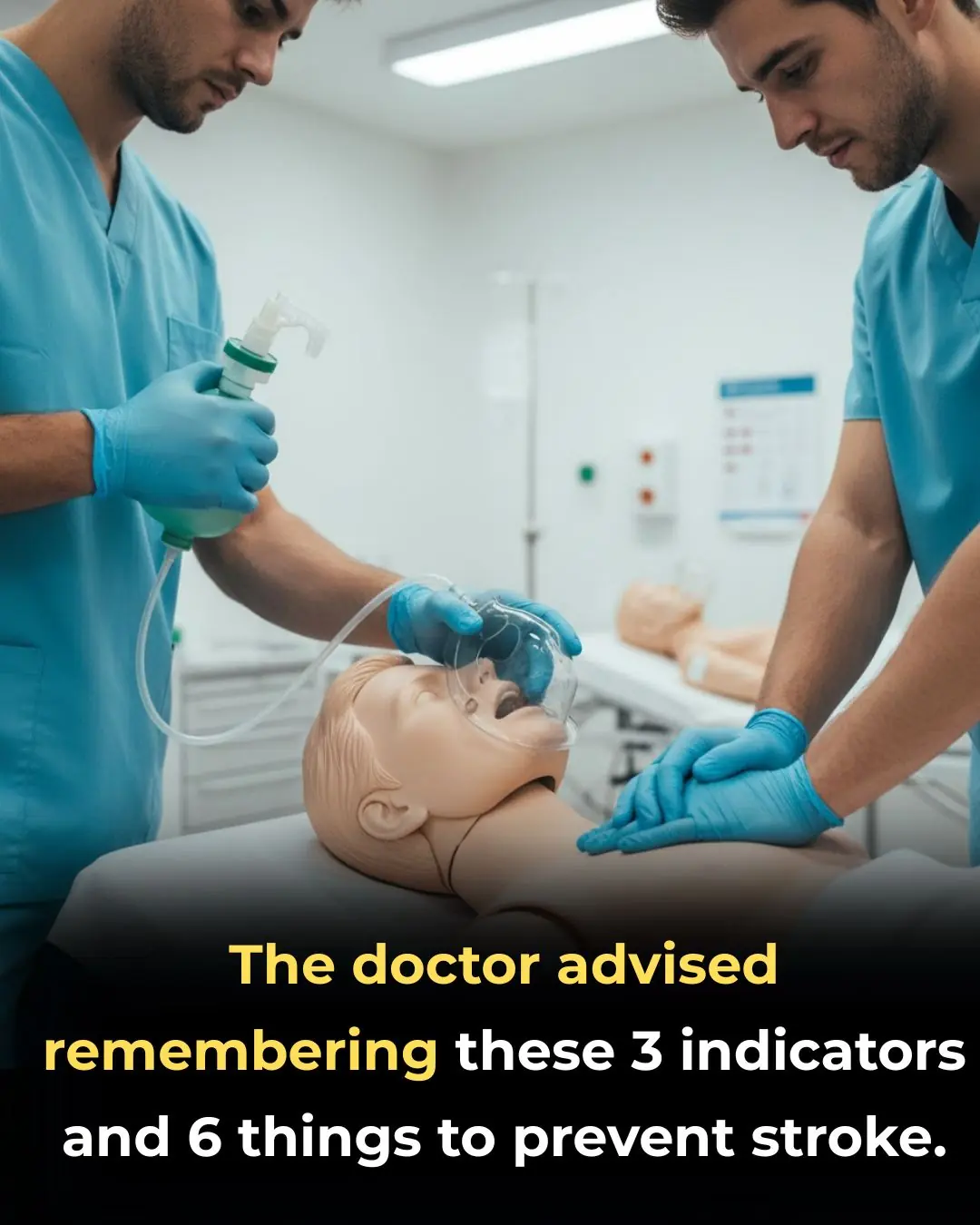






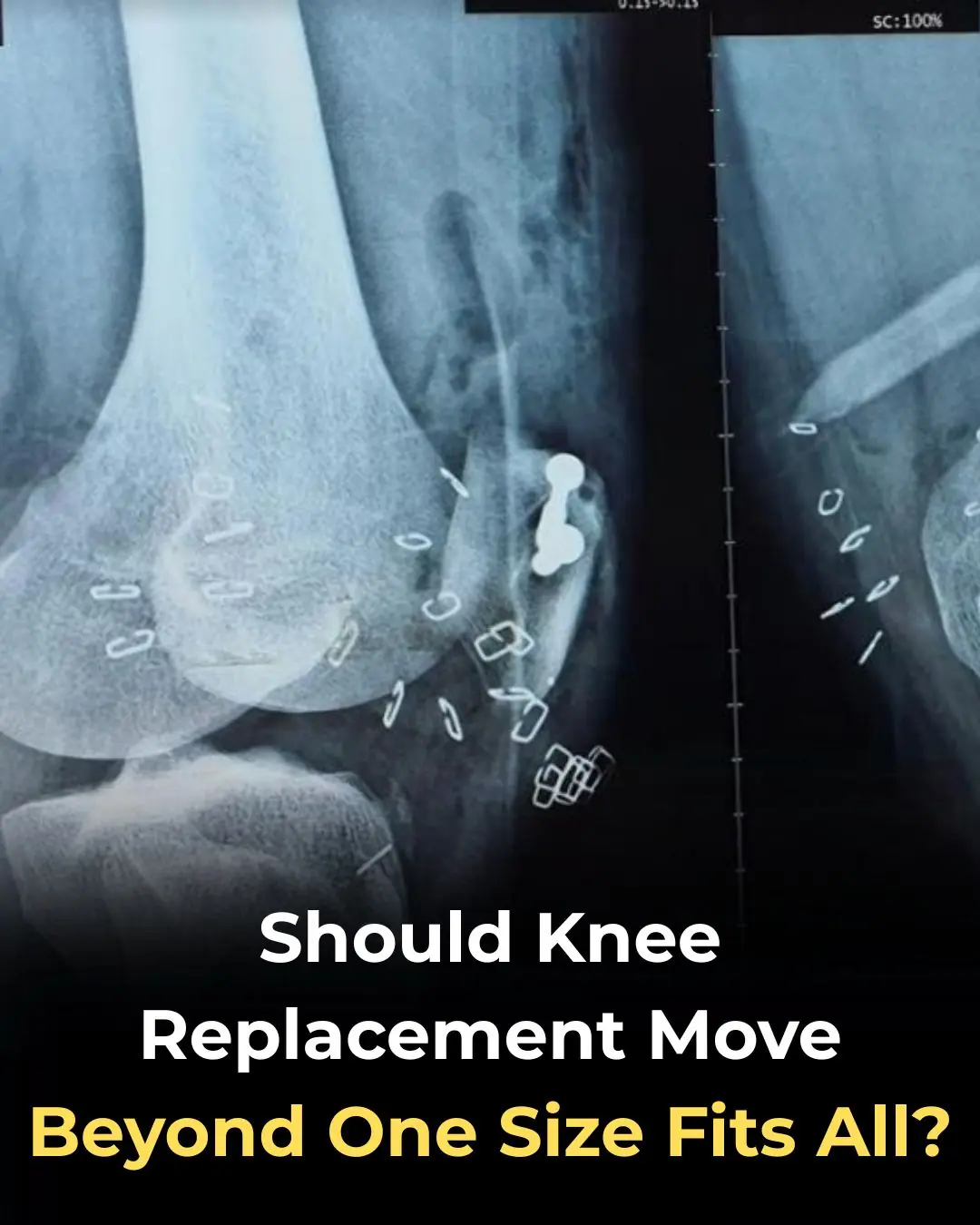

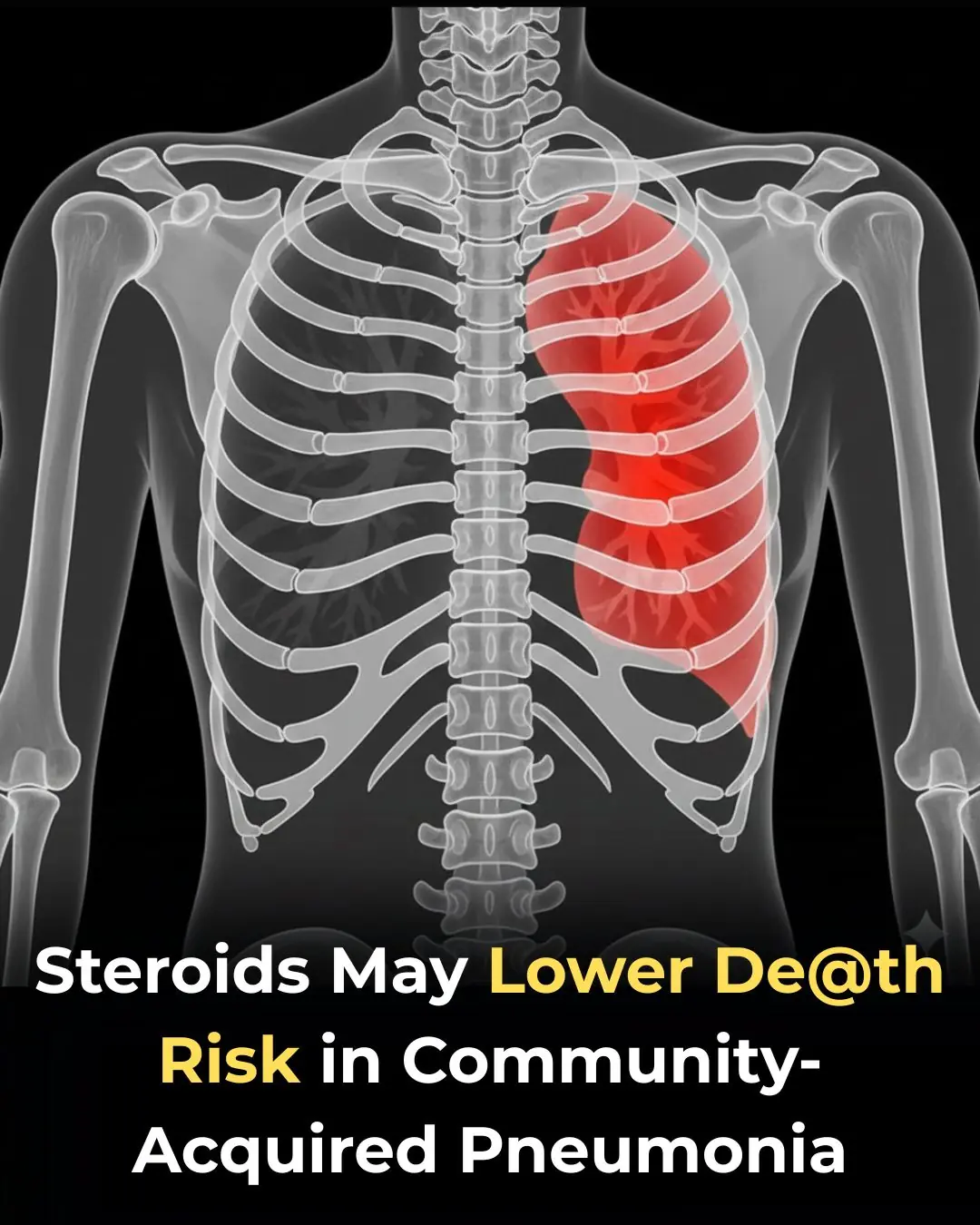
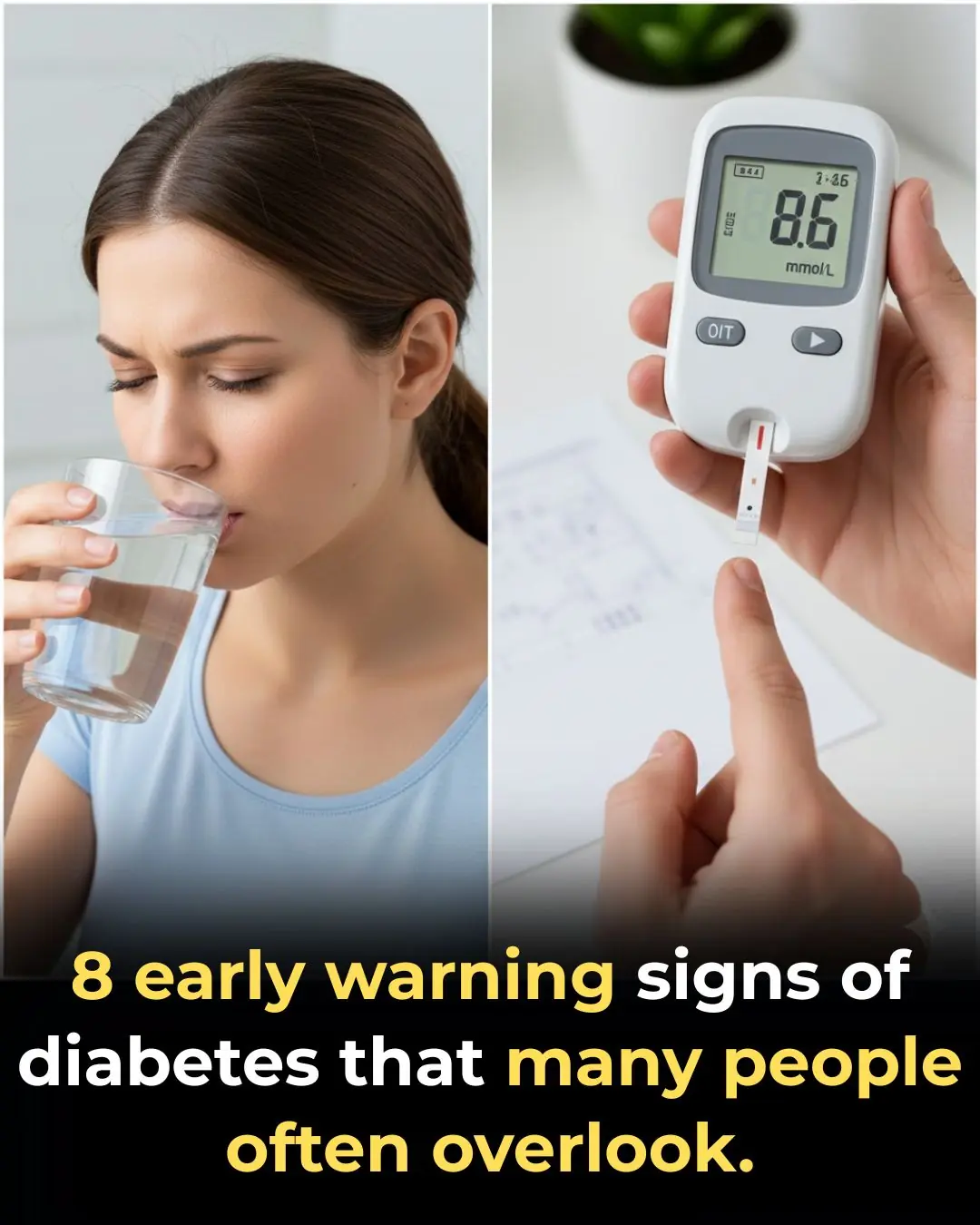


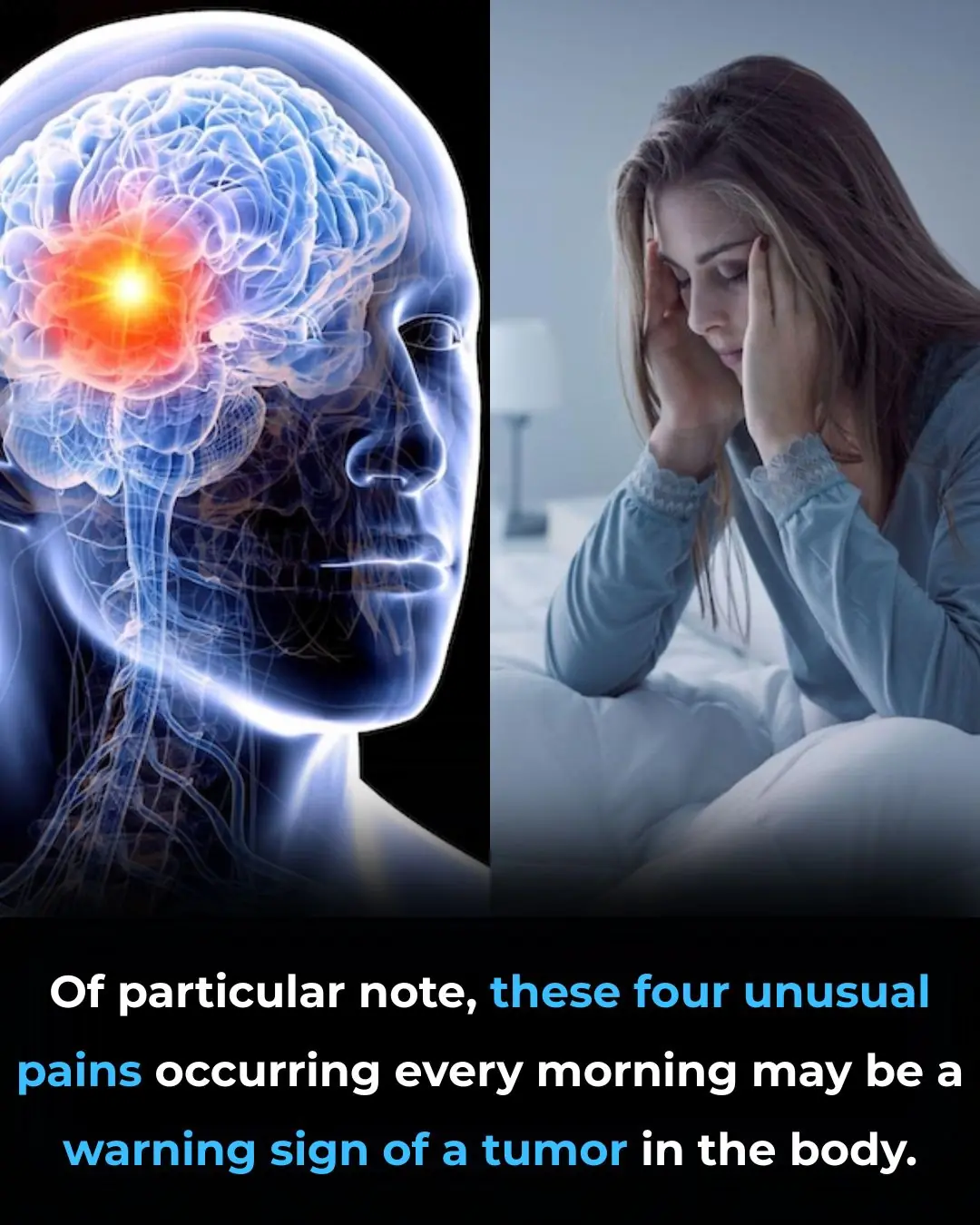

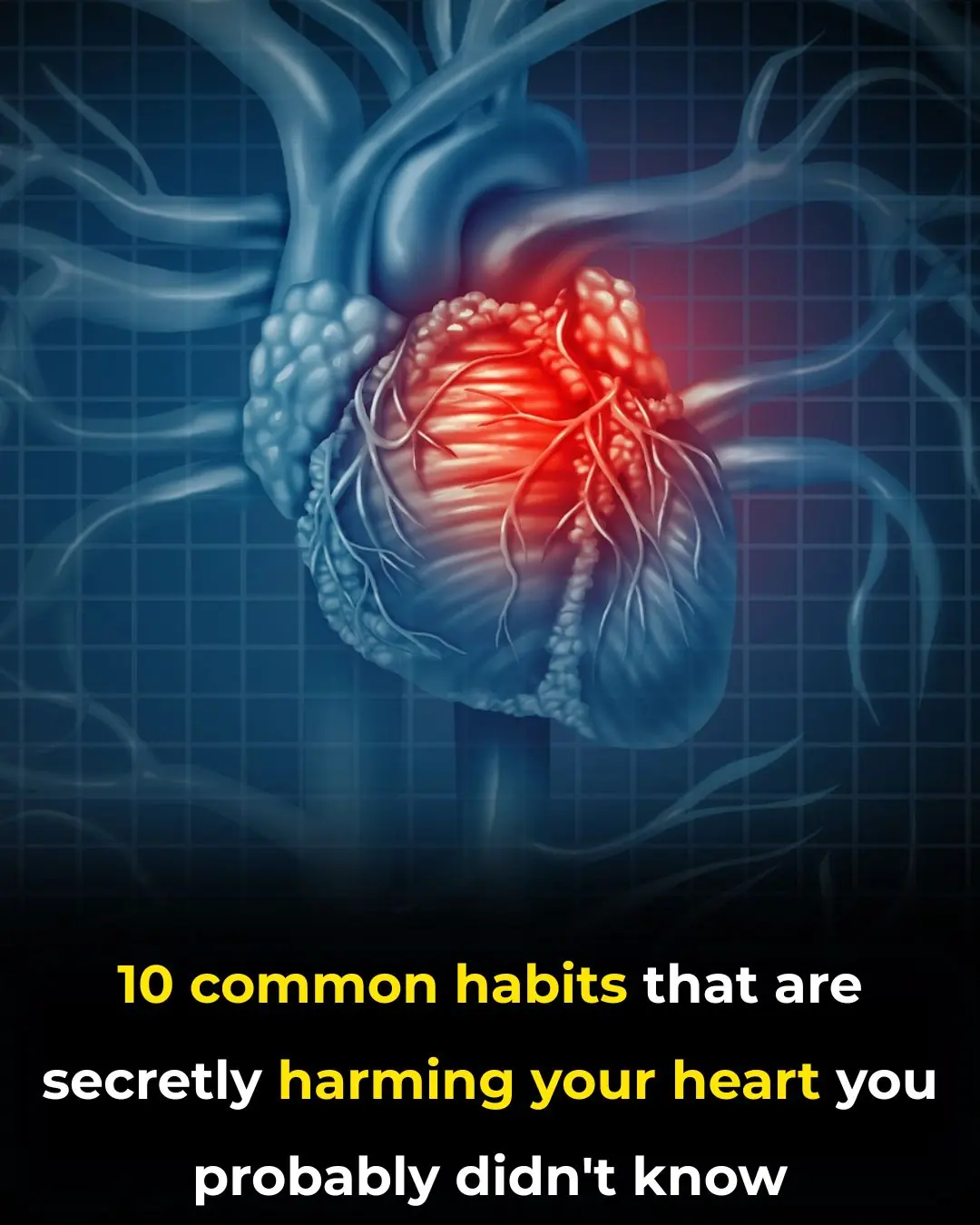
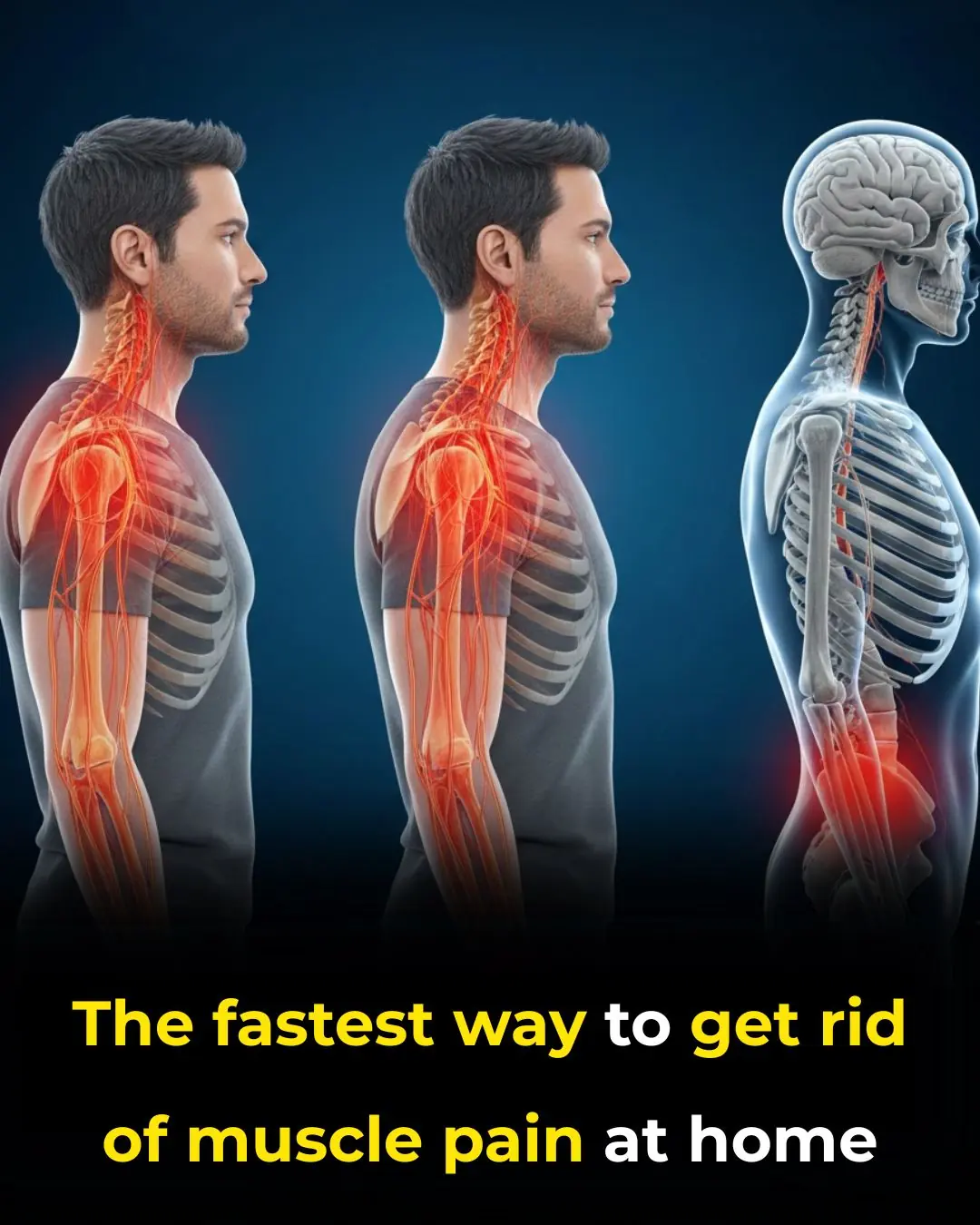
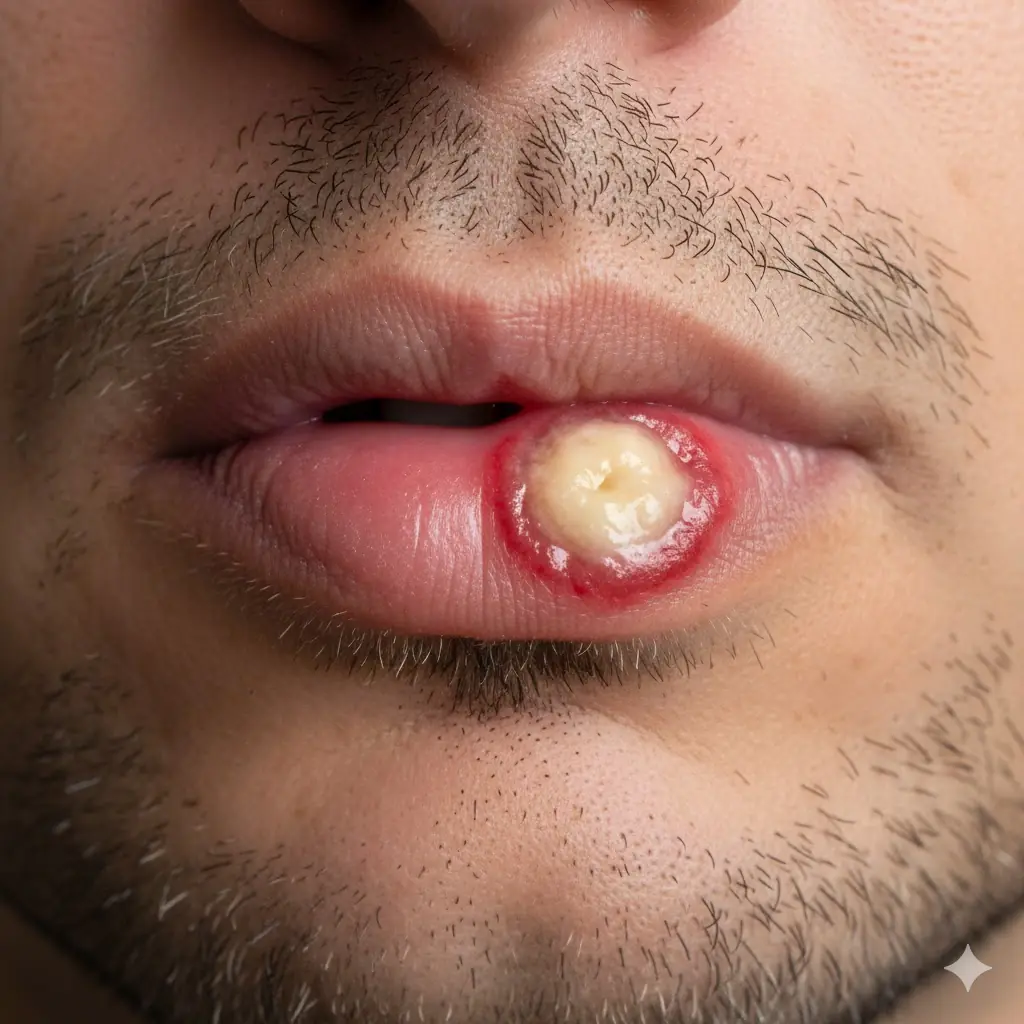

How to Choose Fresh and Delicious Pork: Should You Pick Lighter or Darker Pieces?


















